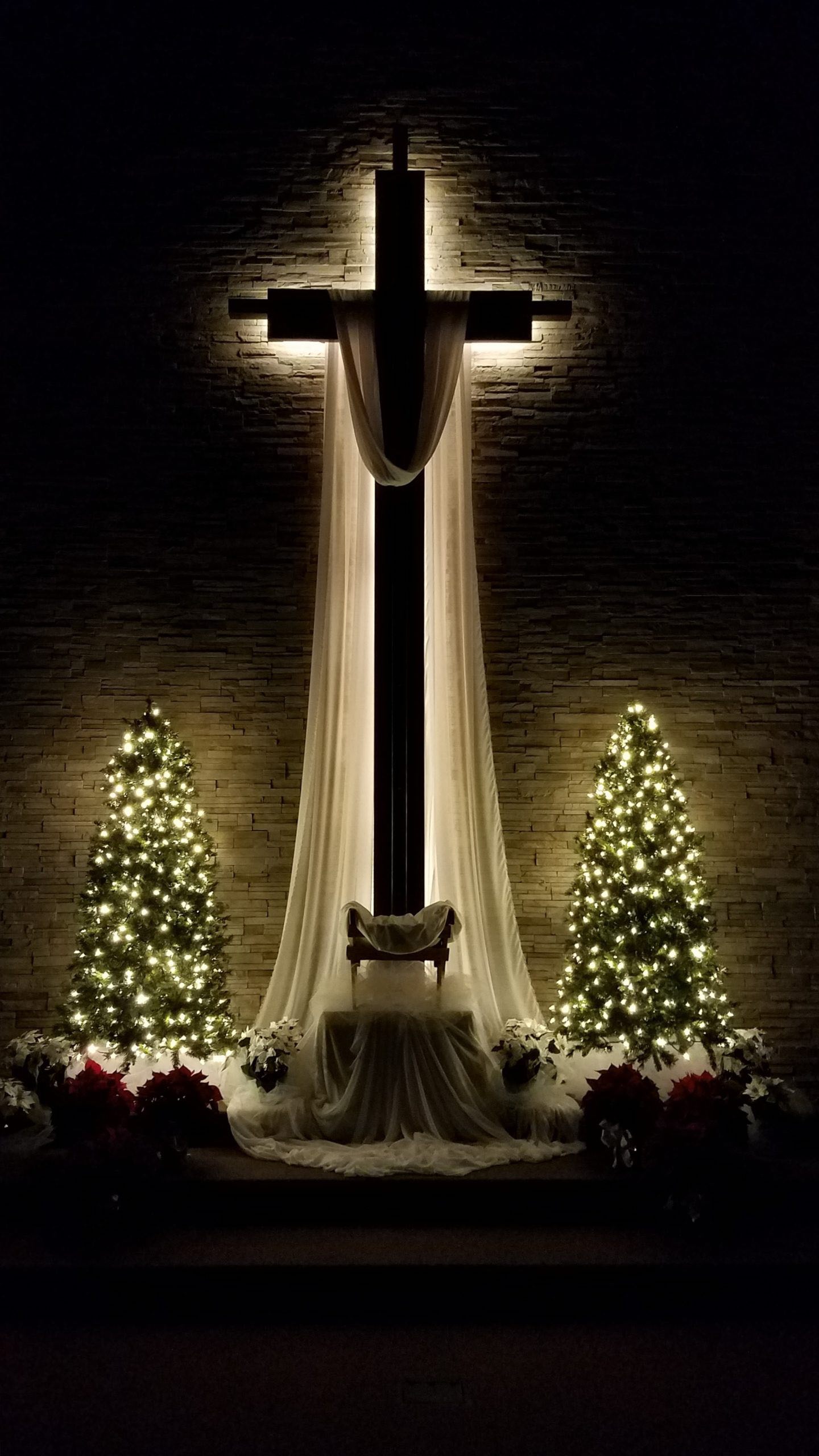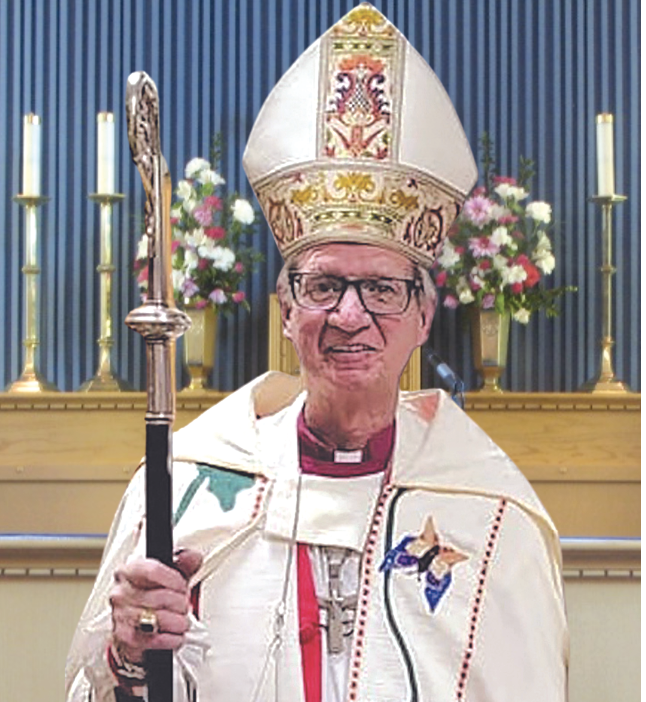Many pieces of scripture other than the narrative of Jesus birth speak to me.
One of the most powerful scriptures in my heart is from Philippians, chapter 2:
“Who, being in very nature God, did not consider equality with God something to be used to his own advantage; rather, he made himself nothing by taking the very nature of a slave, being made in human likeness. And being found in appearance as a man, he humbled himself by becoming obedient to death—even death on a cross.”
This passage is powerful for me because, through the seasons of my life, I have found Christmas to be a very empty and lonely time. I still do. I don’t think I am alone in that. Let my try to explain what I mean.
As a child, in the 1960s, our family shared the commercial hype around Christmas. No family is immune to the far reaching power of advertising. It’s multiplied many times over today. We, however, were a broken family. So as children, my brother and I both looked with hungry hearts that somehow the magic of Christmas would be real, and that all would be well from Christmas Day onward.
It didn’t happen.
Later in life as a Dad, I worked extra hours, made as much as possible, and overspent to flood the house with gifts. You all know what that provided in joy and fulfillment.
Still later as a priest in the Church, I worked with may others to make sure that any needy folks and their kids “had Christmas,” even while knowing that on Boxing Day, their life situation had not changed one bit.
And … there were Christmas memorials, sharing with widows and parents who had lost a child.
All of this set in a Western world filled with messages of “Happy Holidays,” and “buy our stuff to give because it will make everyone happy!”
Empty. Empty. Empty.
Where is the hope in the emptiness?
It’s on the Cross of Christ.
It’s from the manger to the tree upon which the maker of the world showed us all of the power of emptiness.
He made a choice there: to empty himself of everything, and become as a slave; it was so worthless that the only value was in the entertainment of watching him die.
The resurrection of Jesus would not have been possible without this.
It is our sign of hope. It is our guide through our own darkness, wherever and however it surrounds you.
I wish you all deep joy at Christmas—not because of some unreachable commercial standard, but from that of the Saviour who went into emptiness and blazed a trail for each one of us to find meaning, hope, and light.
At Christmas I encourage one and all to look toward the story of a God who became one of us, shared in our vulnerability, and who says come: all of you; you do not need money, you do not need to be faultless, you do not have to be esteemed in the eyes of the world to belong. Come and let me love you.
Come into the fullness of hope and joy.
God bless you all at Christmas and always.
+John, Central Newfoundland


